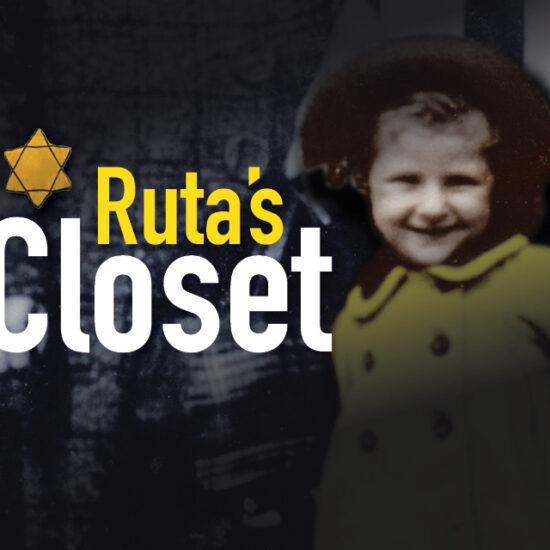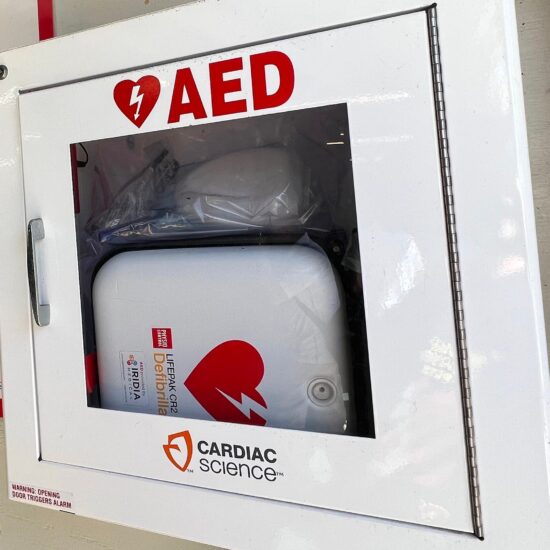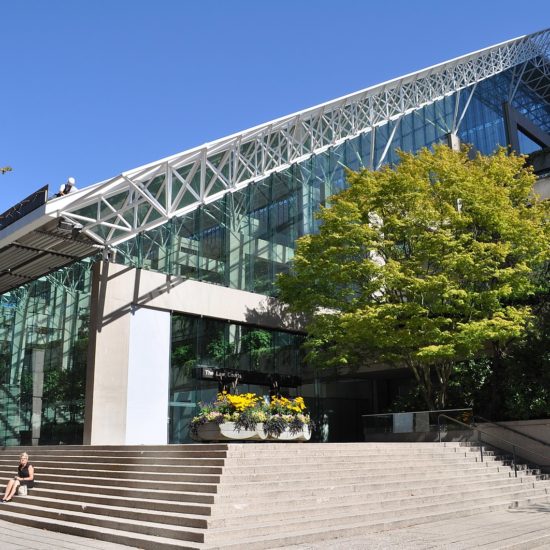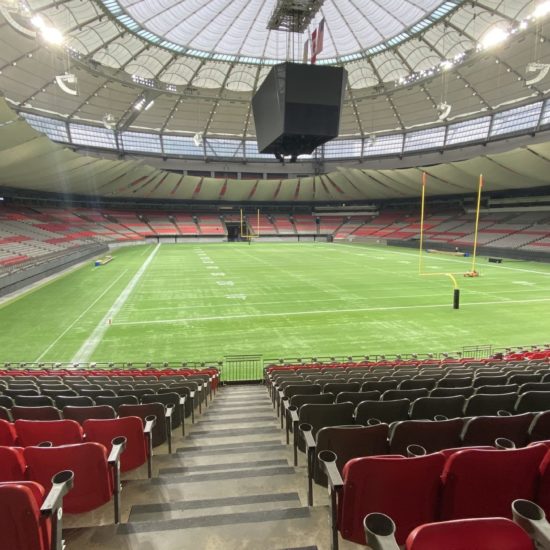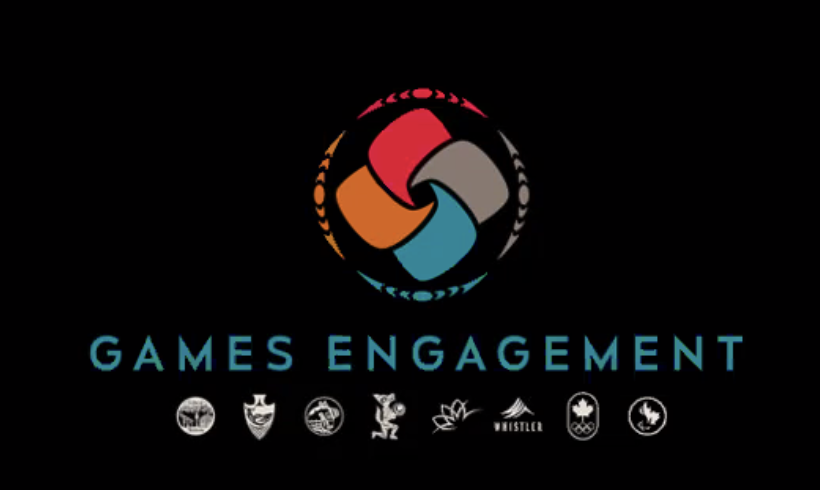
Bob Mackin
Almost six months after the NDP government refused to fund a bid to bring the Winter Olympics back to B.C. in 2030, senior bureaucrats finally explained the decision in a private meeting.

Neilane Mayhew (BC Gov)
Documents released under freedom of information show Neilane Mayhew, the Deputy Minister of Tourism, Arts, Culture and Sport, led an April 14 technical briefing in-person and on web conference for Canadian Olympic and Paralympic officials and leaders of the Four Host First Nations to “talk through the factors that the province considered when evaluating the 2030 Hosting Proposal, including: estimated costs, identified risks and other considerations.”
The meeting came after Premier David Eby’s Feb. 23 web conference with the same parties. The agenda for April 14 showed representatives of the Musqueam, Squamish, Tsleil-Waututh and Lil’wat nations attended, along with two executives from the Canadian Olympic Committee and one from the Canadian Paralympic Committee. They joined six bureaucrats, including Mayhew, Eby’s deputy minister Shannon Salter and deputy chief of staff Don Bain and assistant deputy finance minister Doug Foster.
The presentation document included the province’s estimate of potential costs and risks, but the dollar figures were censored because the government claimed disclosure would compromise cabinet confidentiality and policy advice or recommendations and it feared disclosure would harm government financial interests and intergovernmental relations.
What was not redacted from the summary indicated the province found some aspects of the bid satisfactory, calling it “broadly aligned with government priorities of reconciliation, climate action and economic development” and the process for developing the proposal “was collaborative, detailed and well coordinated.”

Vancouver 2030 bid logo
“Generally, the results of provincial analysis on venues was consistent with information presented in the 2030 Hosting Proposal,” it said.
However, when it came to the direct costs of policing a Winter Olympics in 2030, “Provincial analysis found that public safety and security estimates were still preliminary.” Text at the next bullet point was censored.
Based on information provided, the province’s preliminary analysis indicated estimates for essential services needed from all levels of government were “potentially sufficient.” Again, the text at the next bullet point was censored.
A big hurdle, however, was the province’s review of indemnification and guarantees — specifically the International Olympic Committee’s terms and conditions for the host province to finance deficits.
“Based on the information provided at the time of decision making, the province did not see any indication that the IOC would be willing to moderate any of its requirements. These same requirements were being required for all 2030 Games candidates.”
Other factors and considerations included: government priorities alignment; other marquee event commitments; and timelines and resources.
In June, when a reporter found an entry about the April 14 meeting in Mayhew’s calendar, the Ministry issued a statement that said “supporting the proposal would have required dedicated provincial resources across government, which are already committed to planning other near-term international sporting events, as well as expanding on services British Columbians need.”
“Our government remains committed to the important work of putting reconciliation into action and continuing to build strong relationships with Indigenous partners.”
The “other near-term international sporting events” include Prince Harry’s Invictus Games in Vancouver and Whistler in 2025 and the FIFA World Cup coming to B.C. Place Stadium in 2026.
In July 2022, the COC estimated it needed at least $1 billion from taxpayers for the $4 billion project, plus a guarantee that the province would pay for any deficit. It proposed reusing most of the 2010 Winter Olympics venues in Vancouver, Richmond and Whistler, with the exception of the Agrodome for curling, Hastings Racecourse for big air skiing and snowboard jumping and Sun Peaks resort near Kamloops for snowboarding and freestyle skiing.
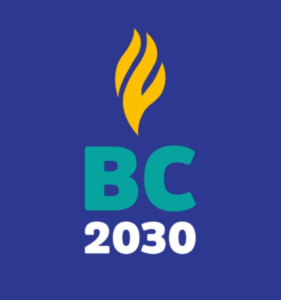
BC 2030 Olympic bid logo (BC Gov/FOI)
A version of the bid circulated to governments early last fall said the 2030 Games would have needed $2.12 billion from governments in cash and goods and services, based on 2022 dollars, estimated to be worth $2.715 billion by 2030. The proposal called for half the funds from Ottawa and 35% from B.C. taxpayers — $742 million in 2022 dollars or $957 million in 2030.
The bid budget also contemplated $1.6 billion in allowances for contingencies and cost overruns. It bundled security with essential services totalling $756 million ($958 million in 2030) and also sought public funding for venues ($286 million) and villages ($267 million).
“The proposal looks to the municipalities and [First] Nations to contribute land for the villages and in-kind essential municipal services,” said the bid proposal.
Lisa Beare, then the tourism minister, announced last Oct. 27 that the government had declined to support the bid.
Vancouver had been in the running with 1972 host Sapporo and 2002 host Salt Lake City ahead of the IOC’s late fall deadline to formally express interest in negotiations.
Sapporo’s bid, however, became overshadowed by the Tokyo Olympics bribery scandal. Salt Lake City has said it would be ready to host in 2030, but the U.S. Olympic Committee prefers 2034 in order to avoid sponsorship conflicts with the Los Angeles 2028 Summer Olympics.
The IOC discussed awarding 2030 and 2034 hosting rights at the same time, but delayed the decision and shifted gears in December to study whether to rotate the Winter Games to cities that already have necessary infrastructure.
Since then, interest has emerged from Southeastern France, Sweden and Switzerland. The IOC’s decision is expected at the members’ session before the next Olympics open in Paris in July 2024.
The only certainty, for now, is the next Winter Games are scheduled for February 2026 in Milano-Cortina, Italy.
Support theBreaker.news for as low as $2 a month on Patreon. Find out how. Click here.






